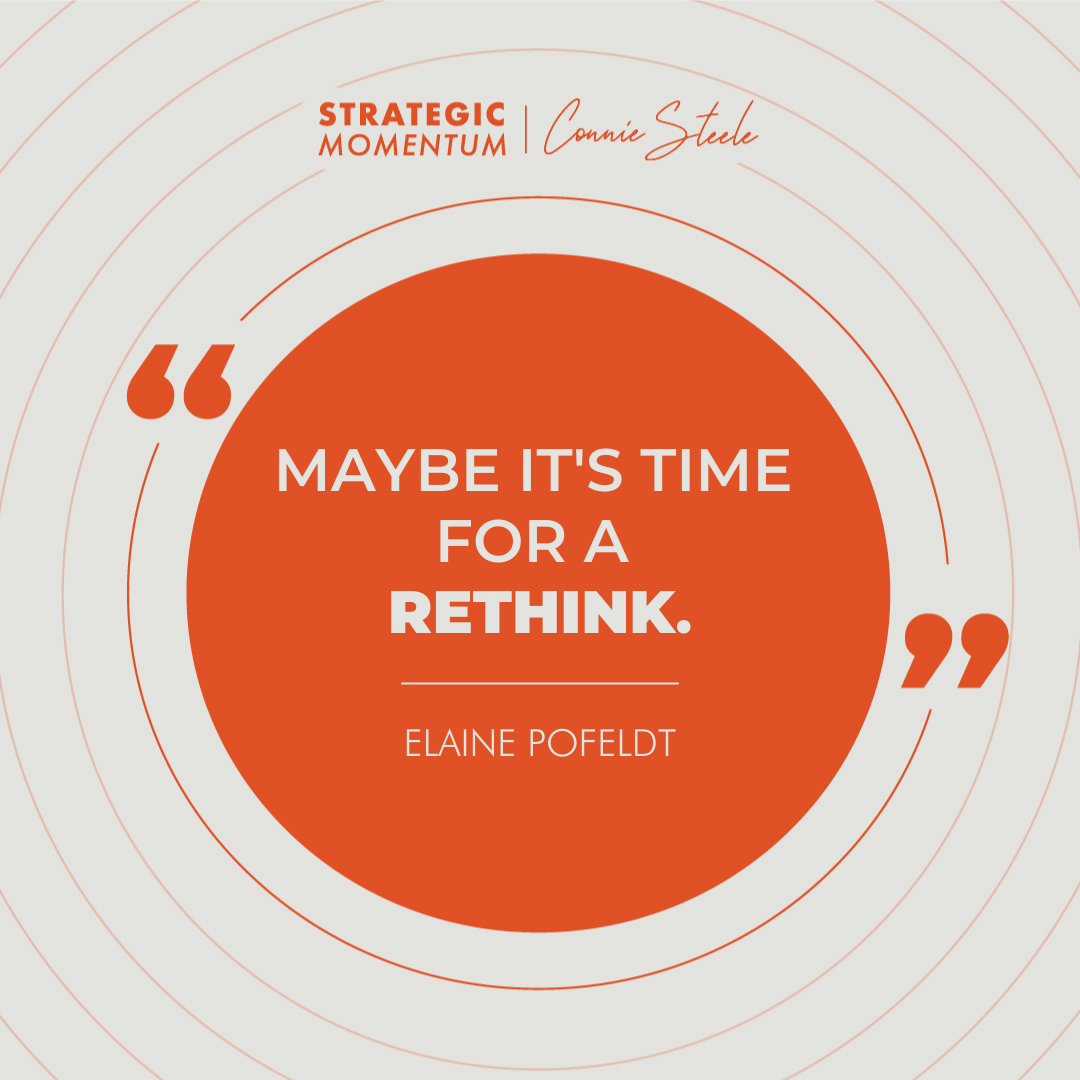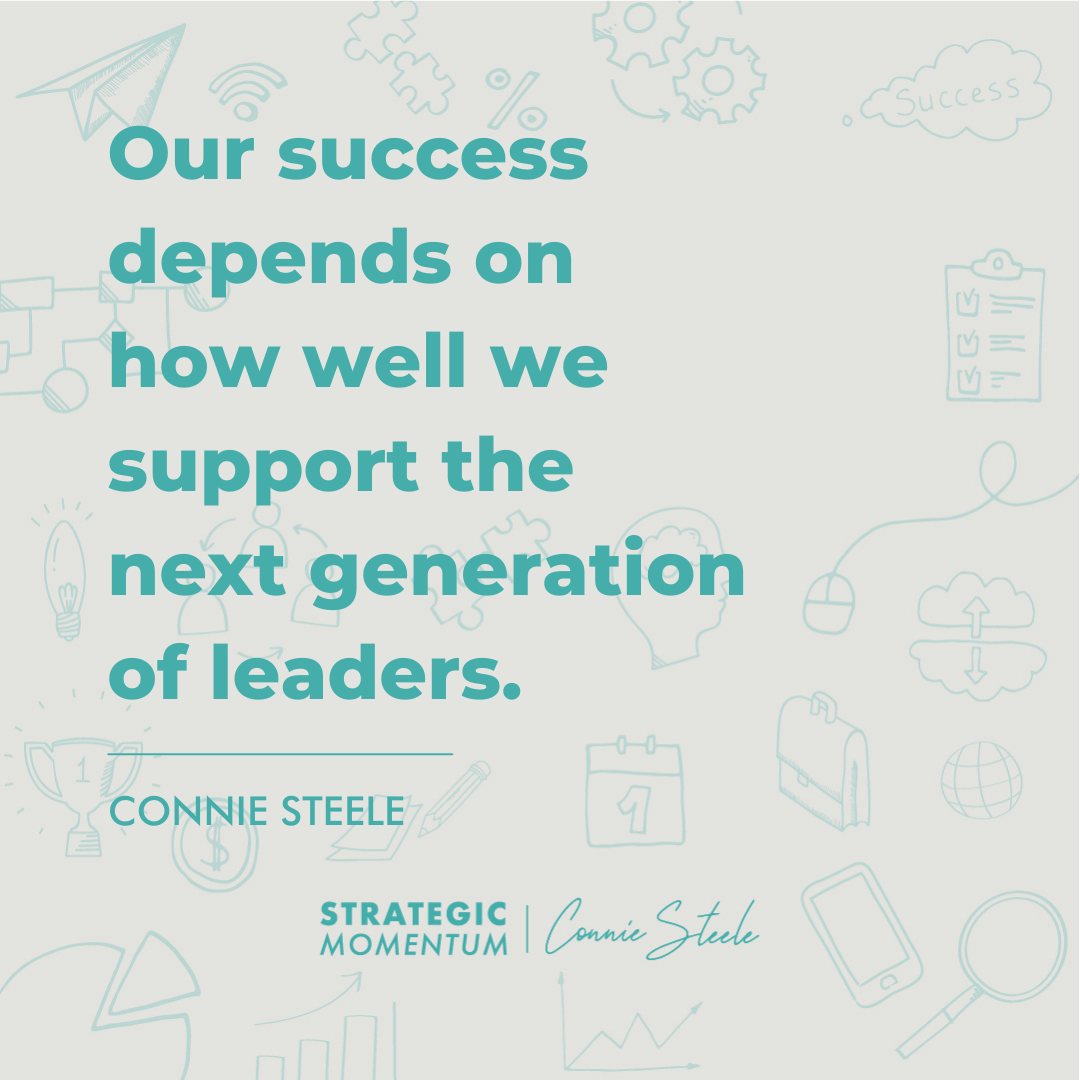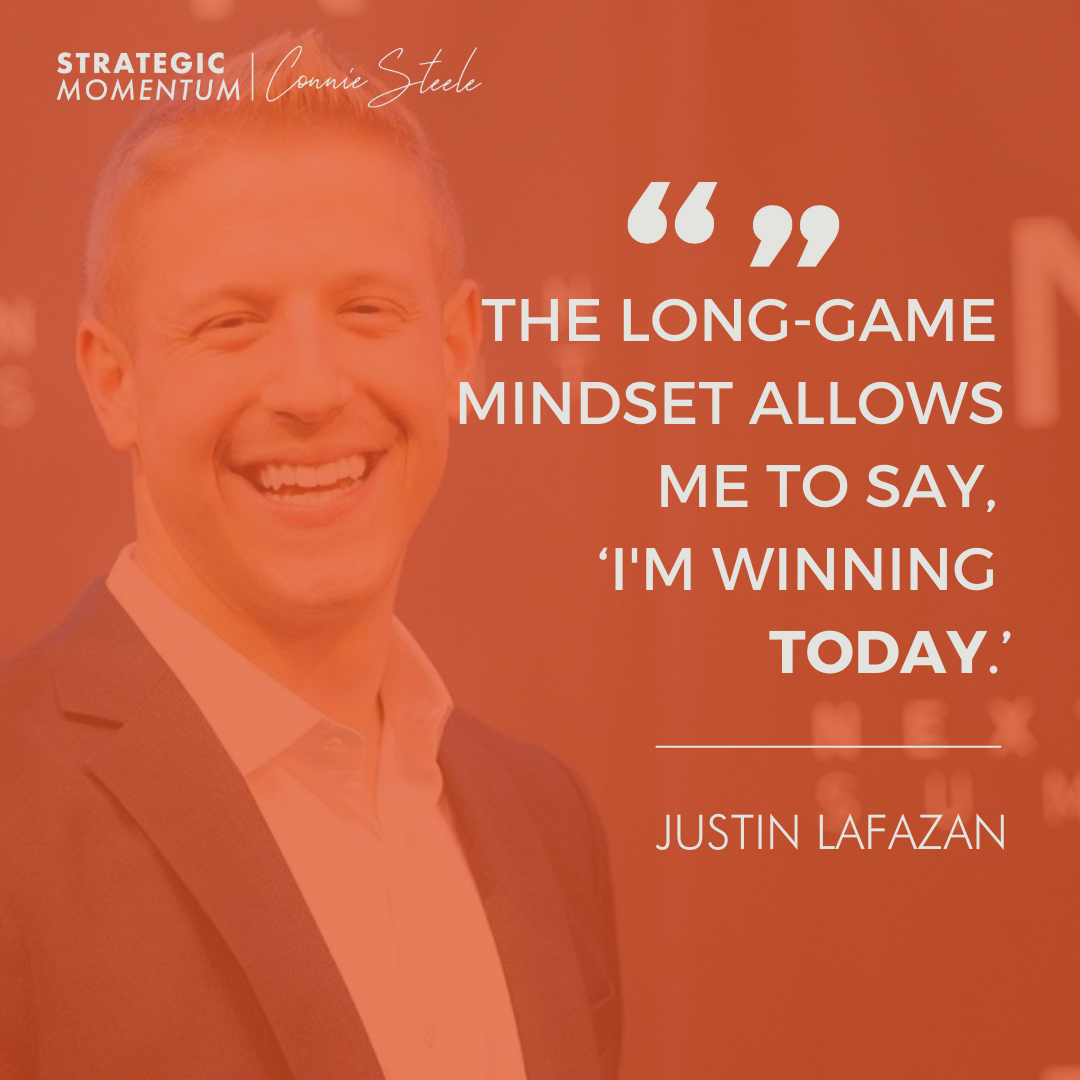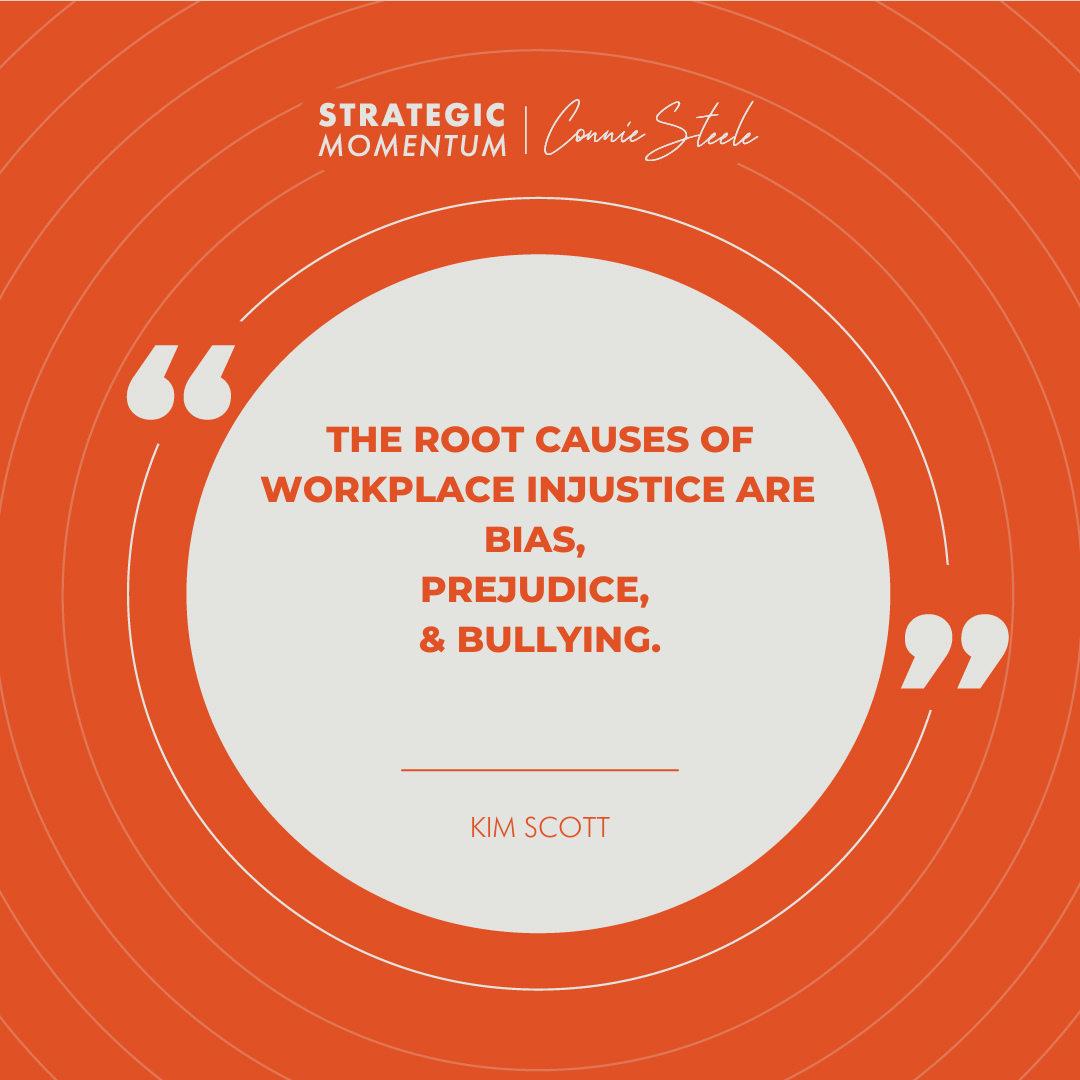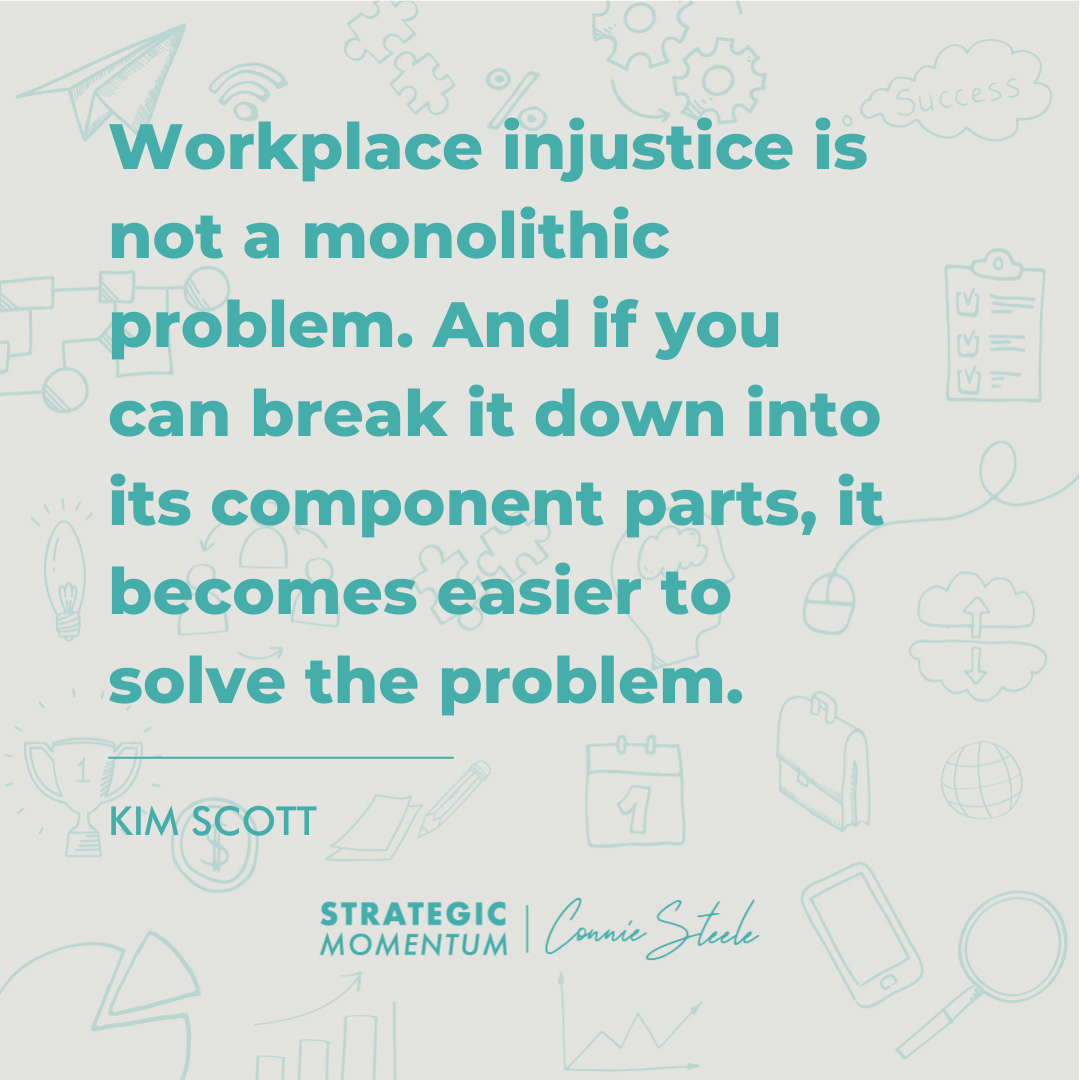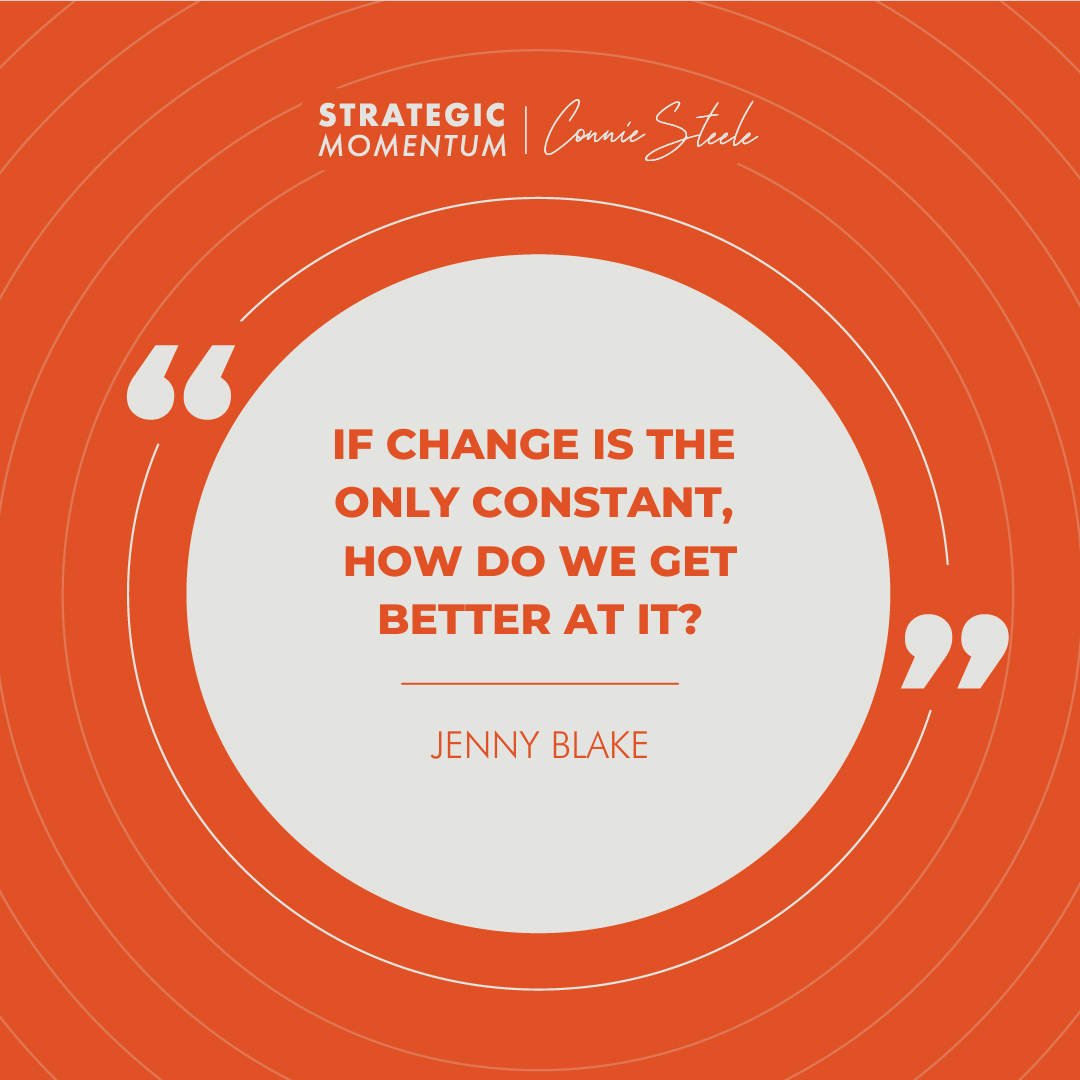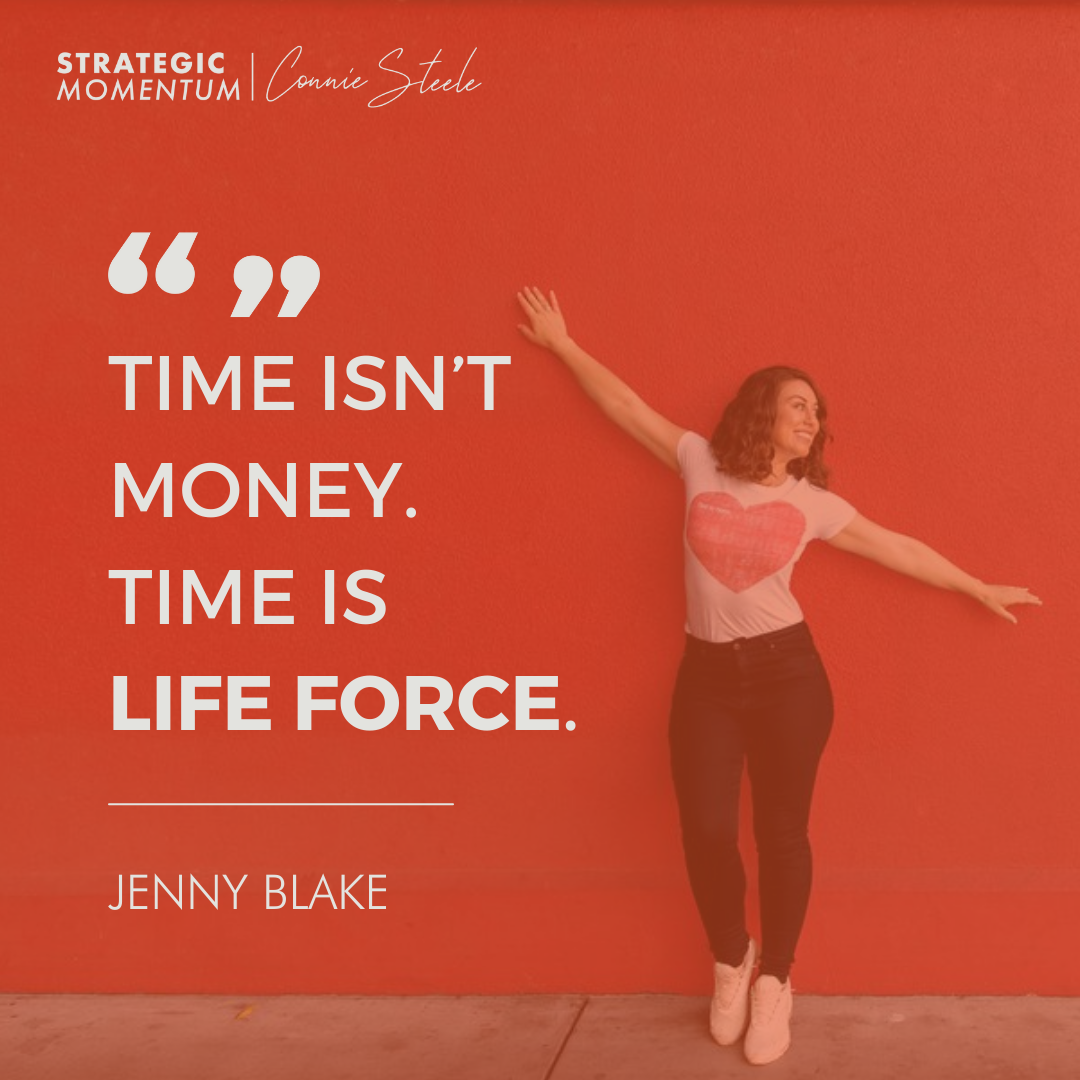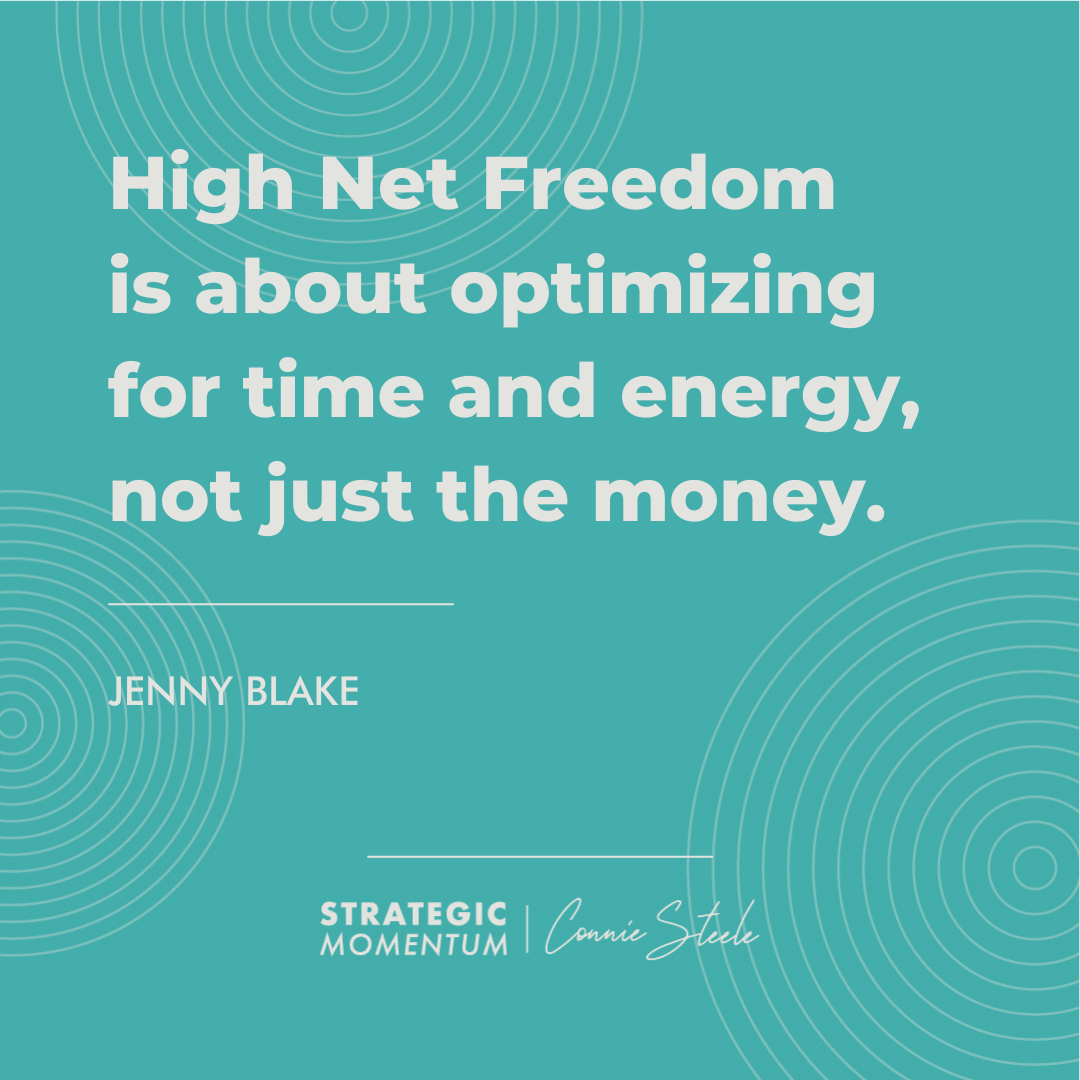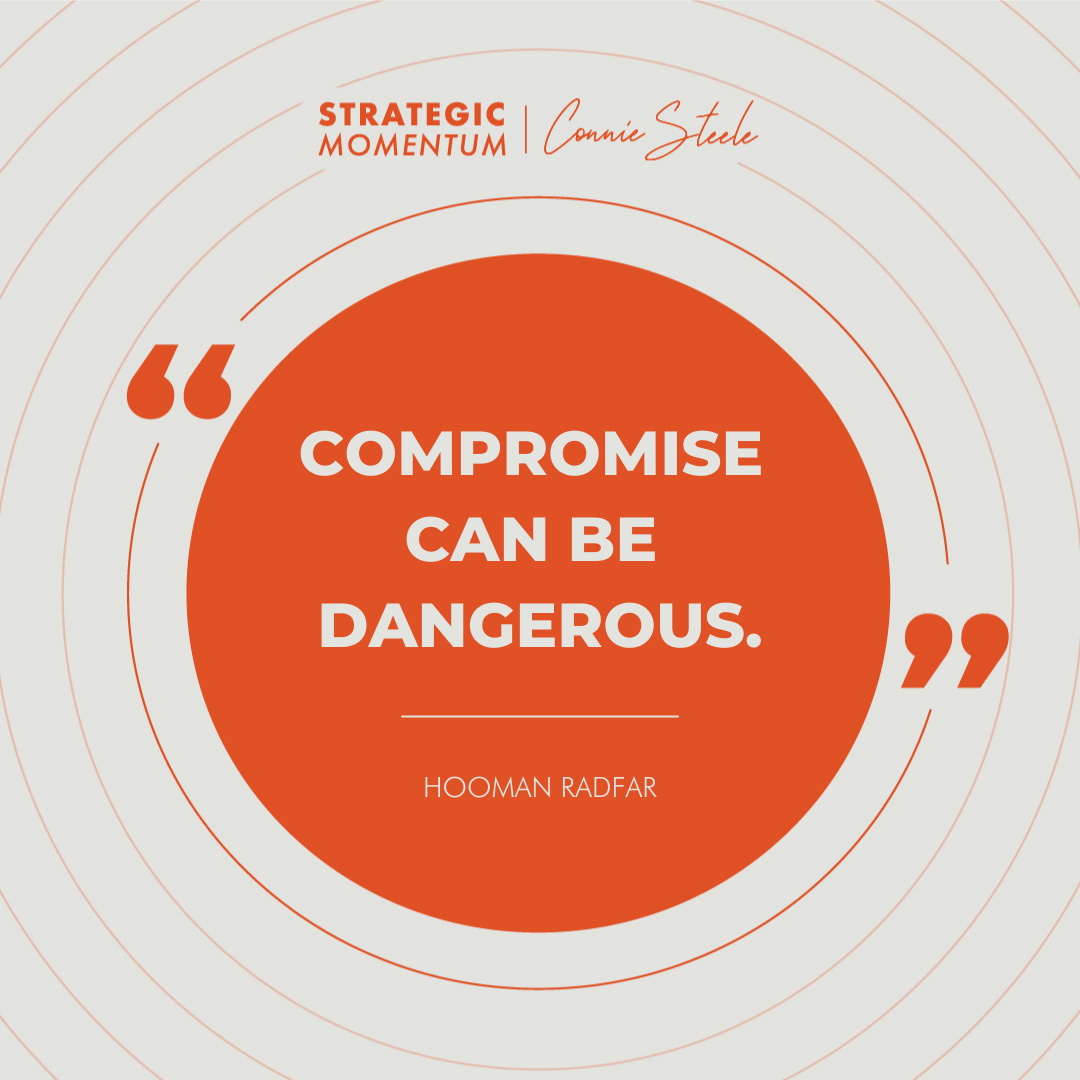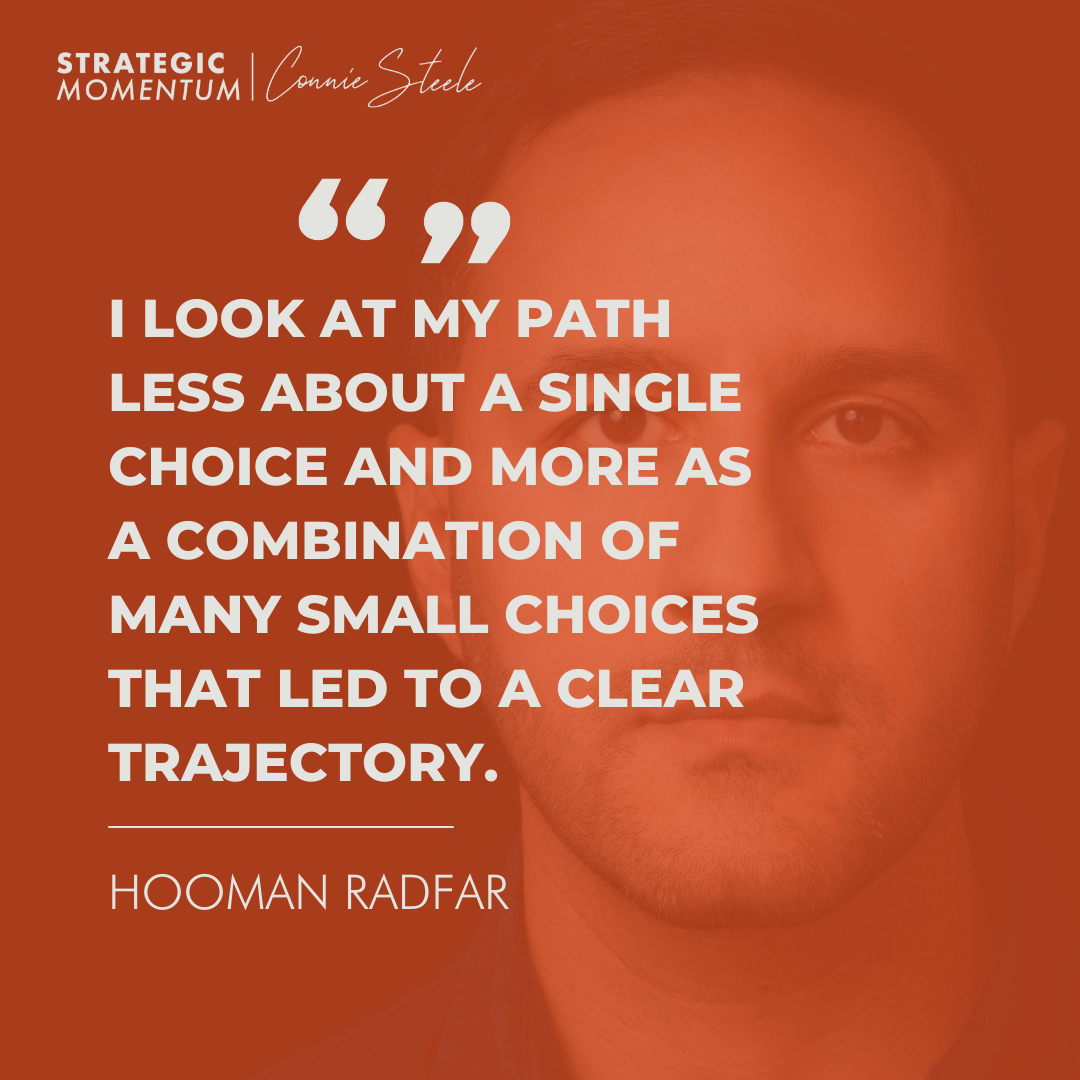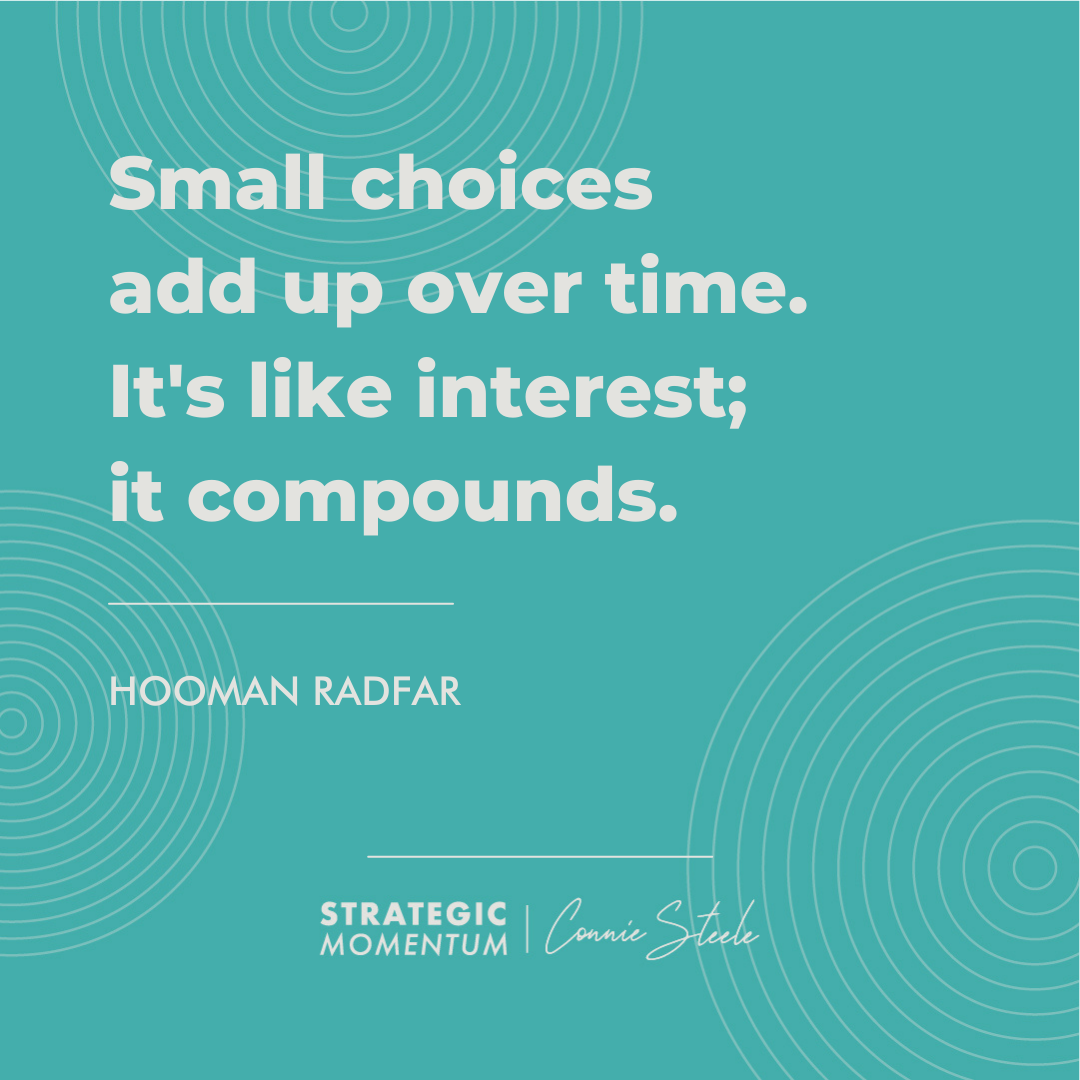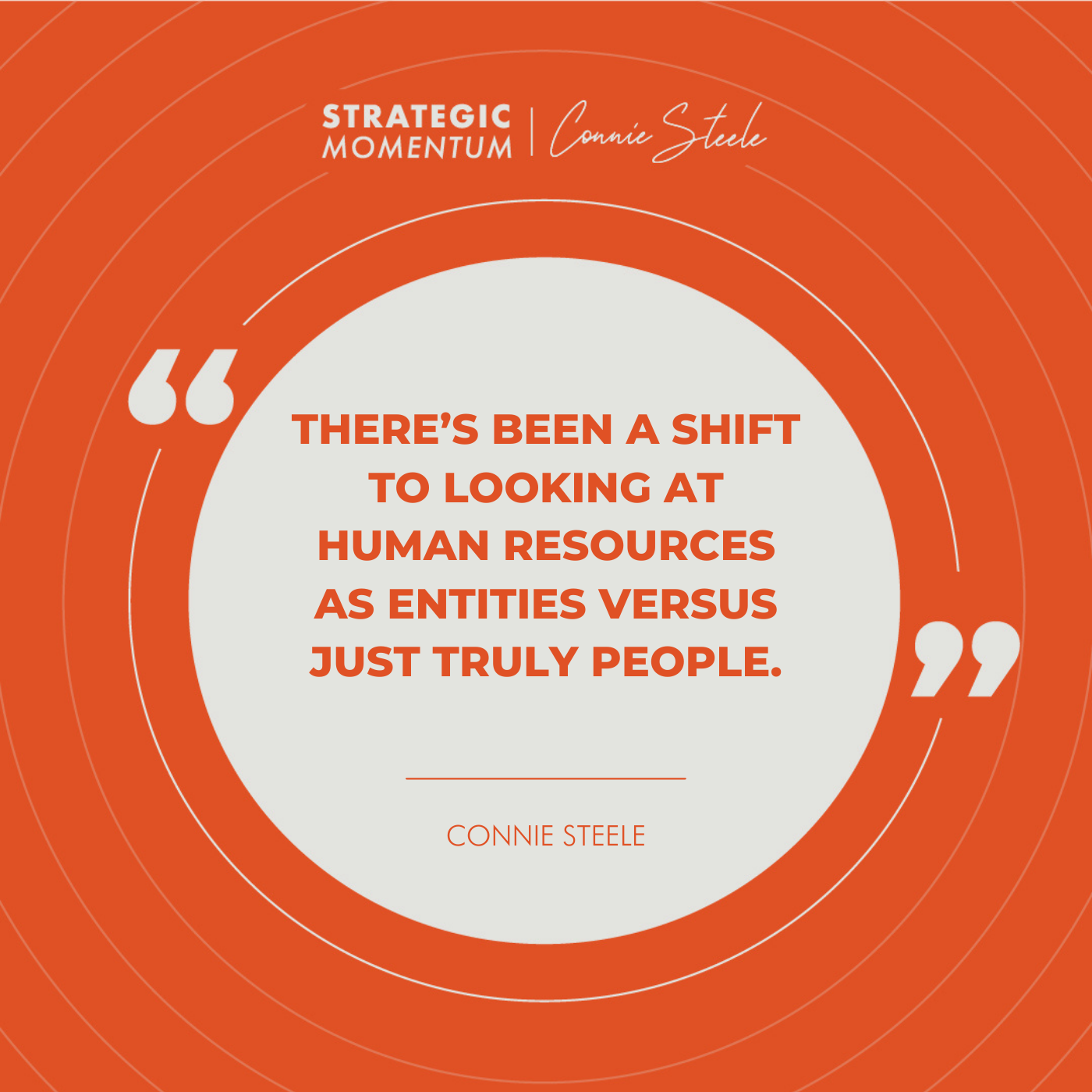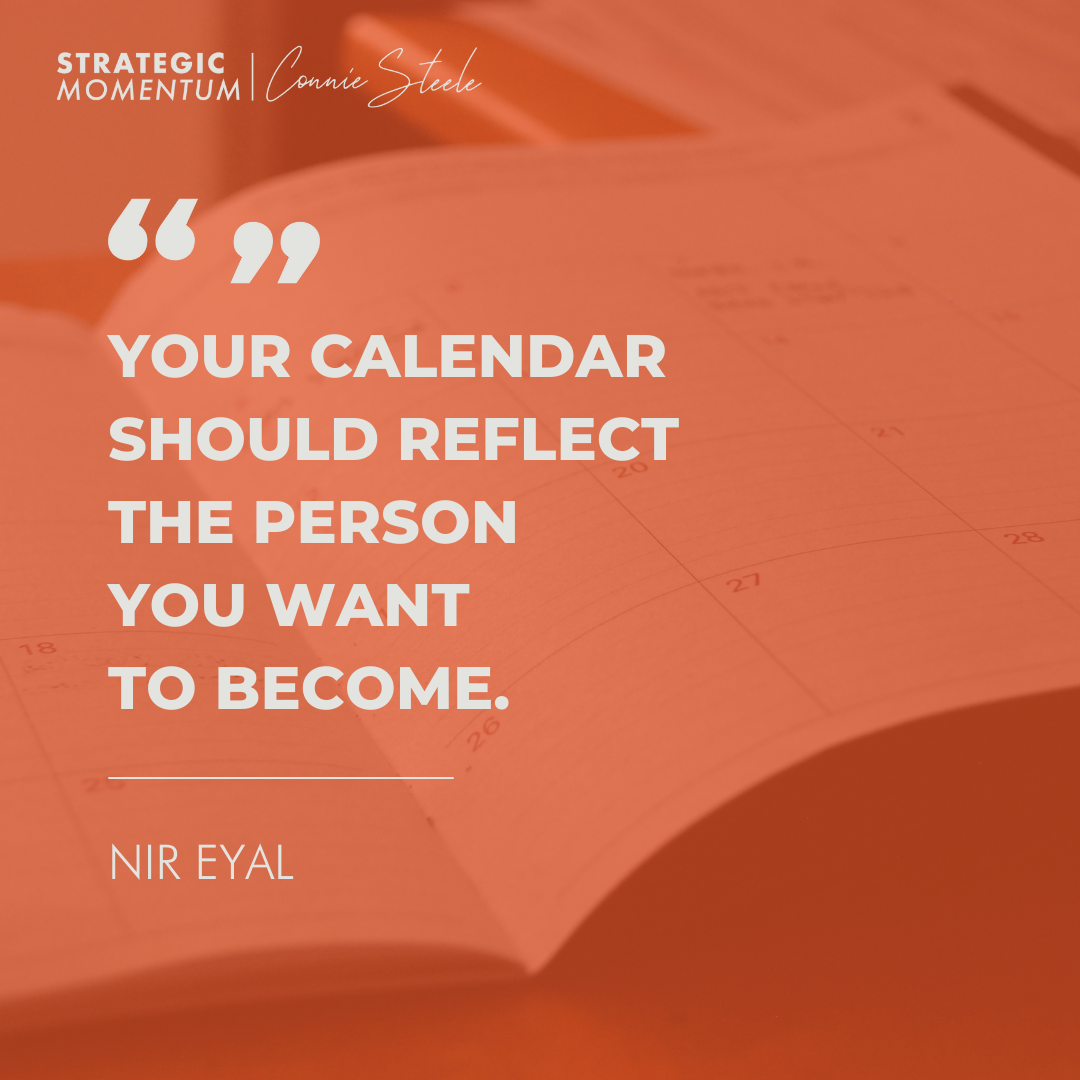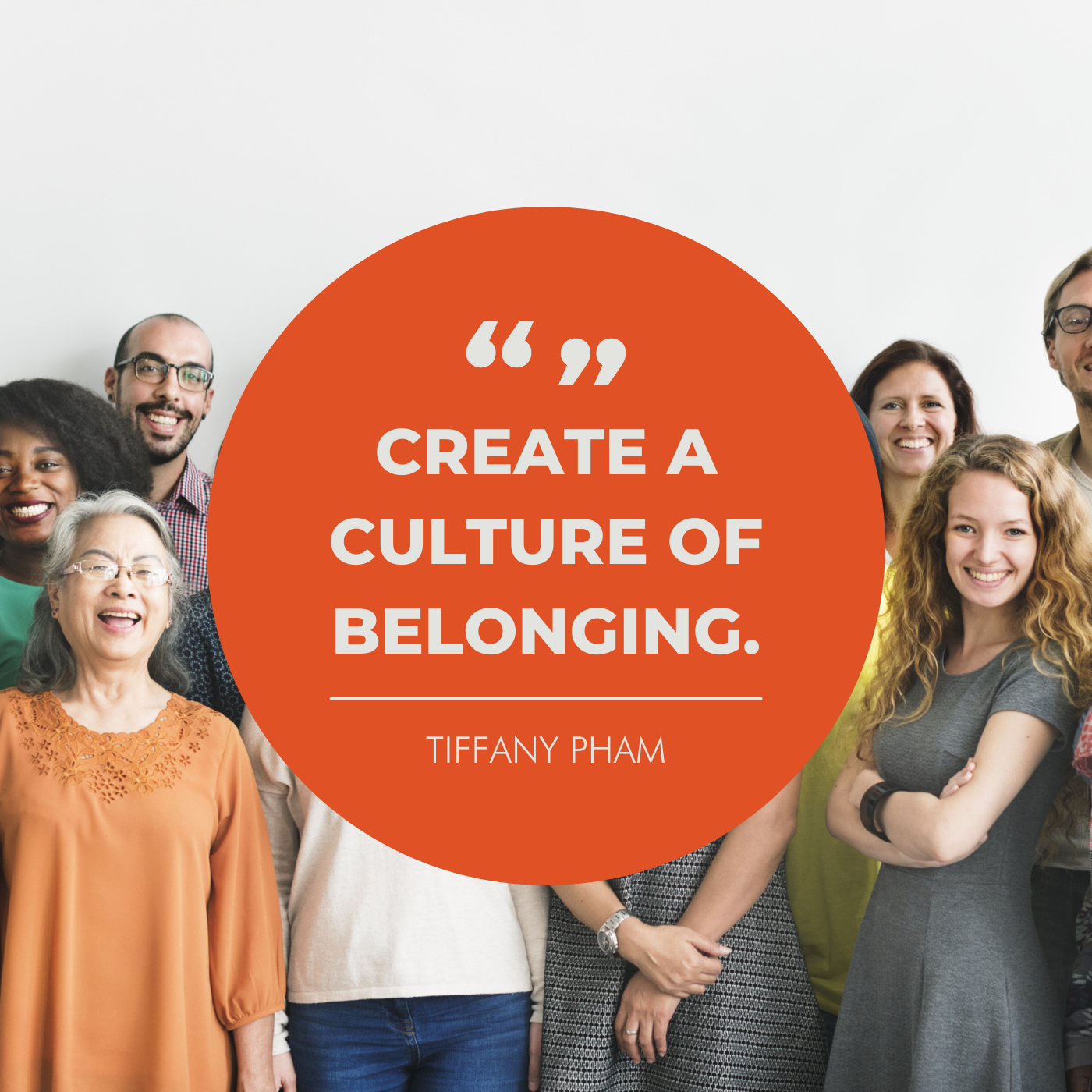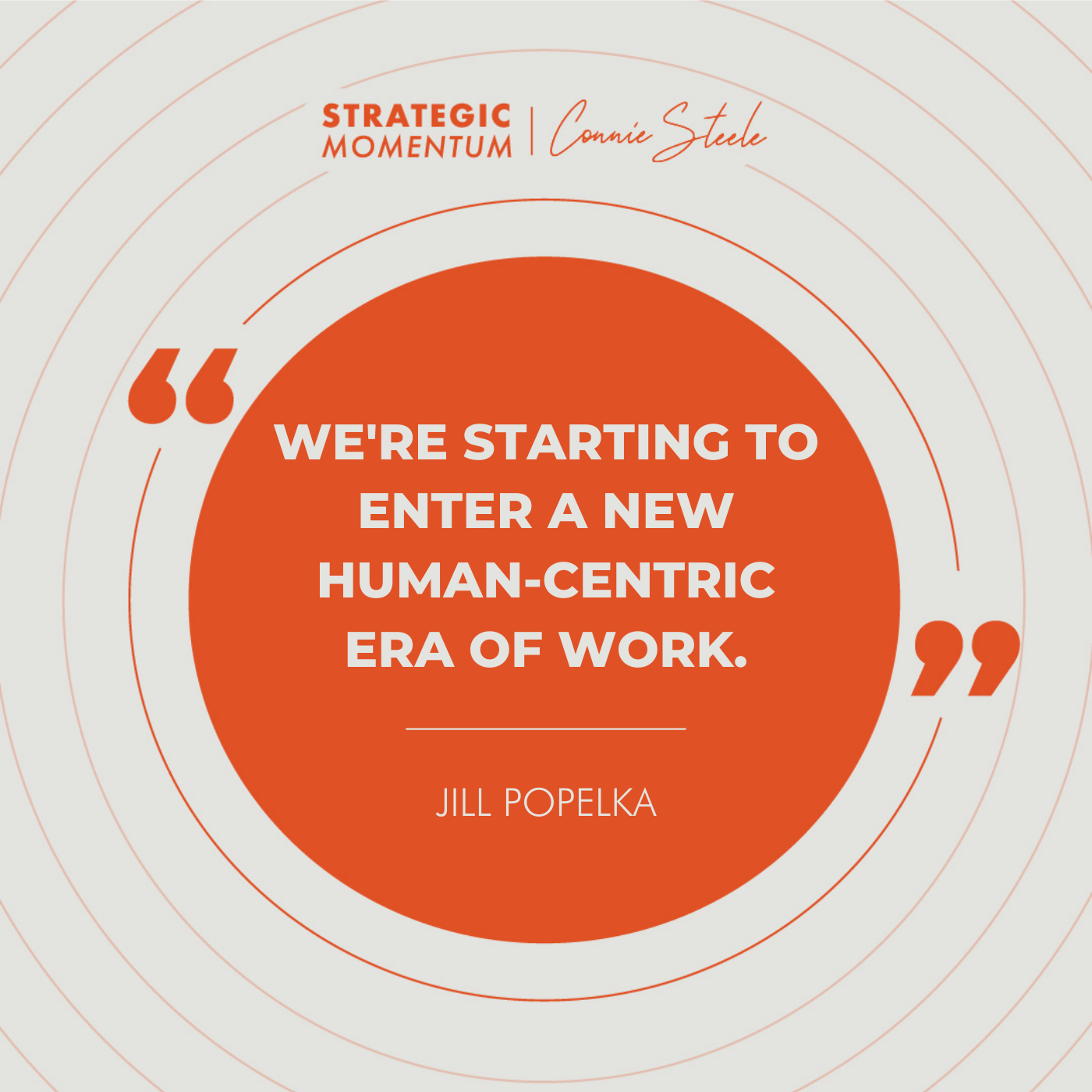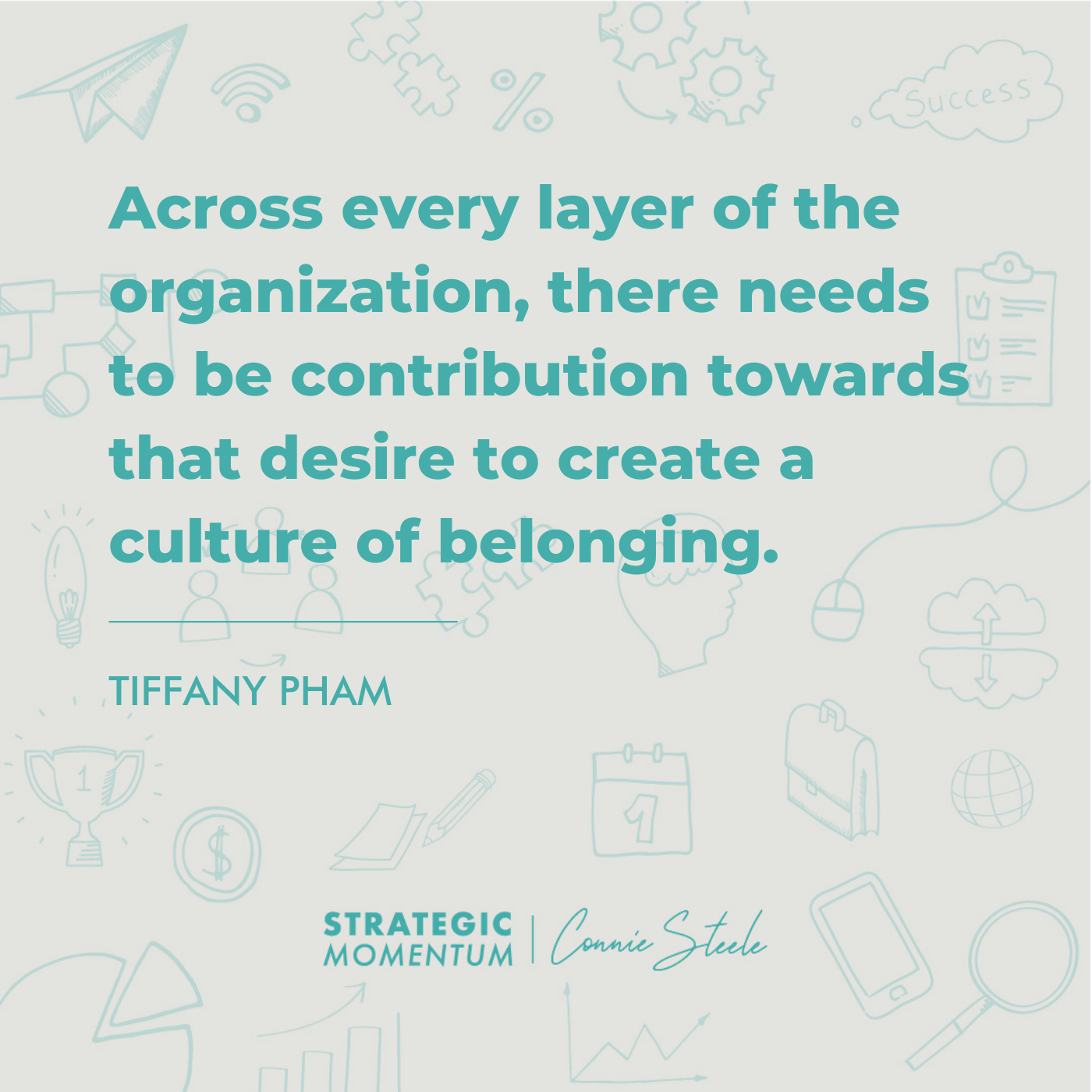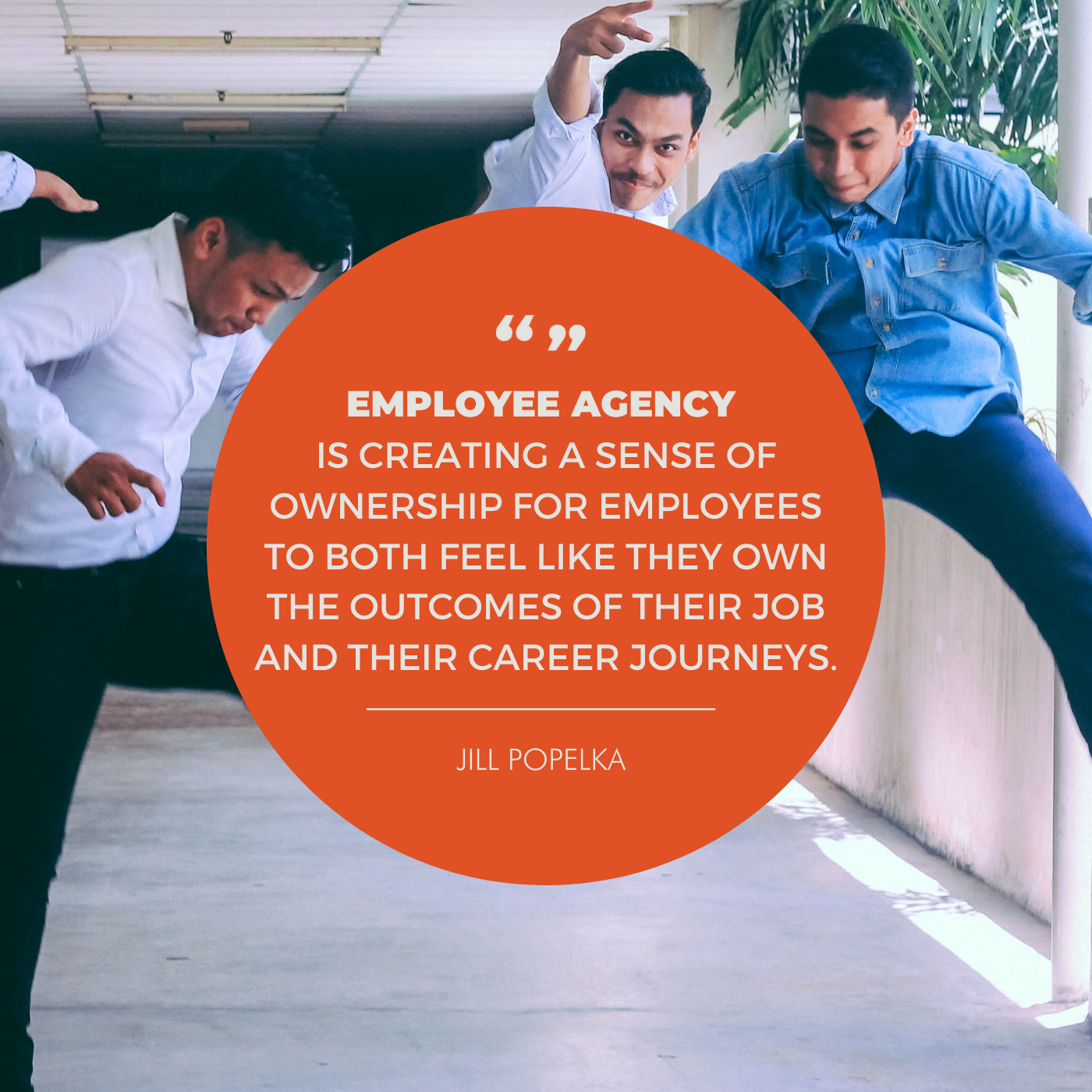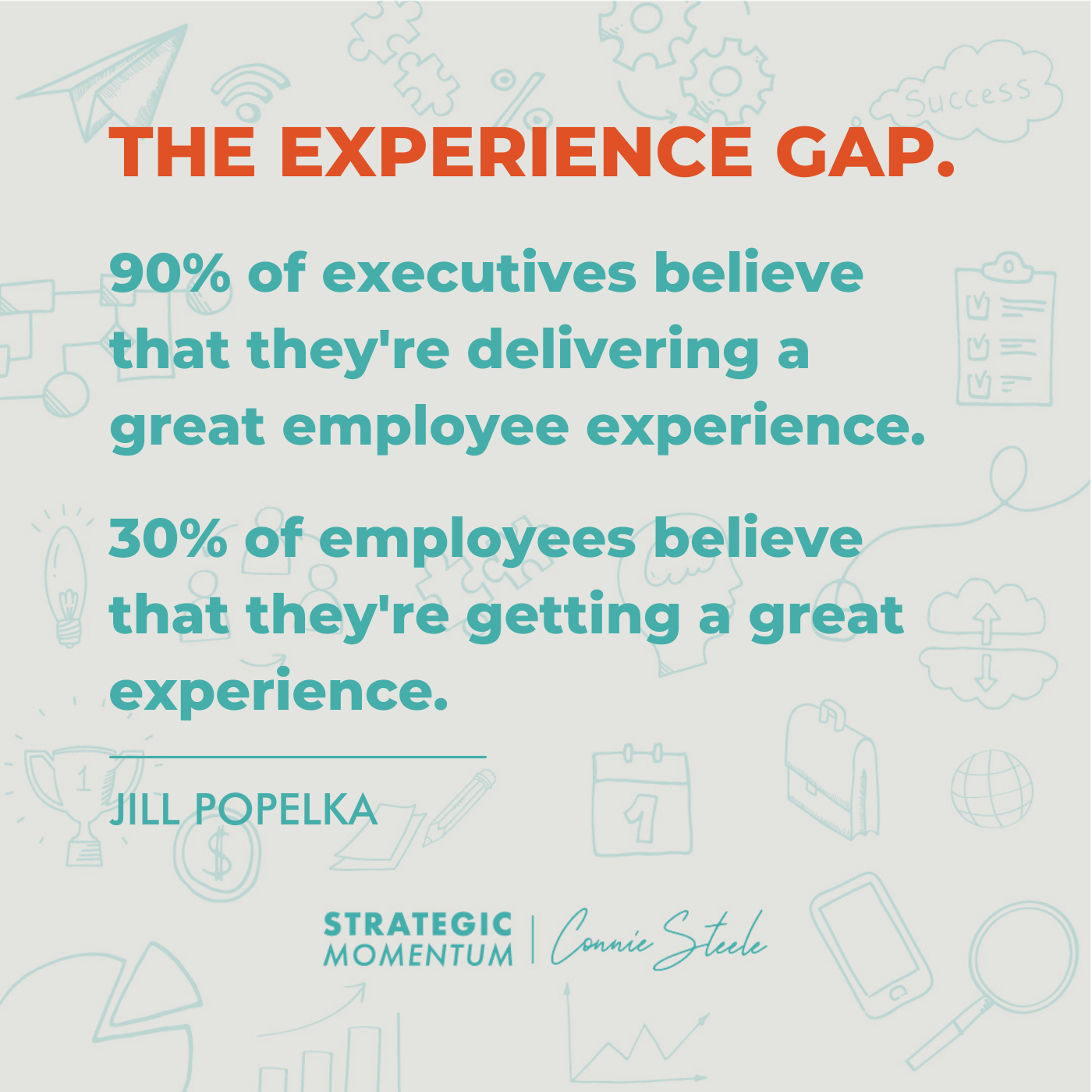Ep. 113 - Season 7 Closer: The Future of Work is Human
Find Us Wherever You Listen To Podcasts
We like to think every season of Strategic Momentum has a story. We don’t necessarily plan the narrative, but one of the best parts of making the season is watching the story unfold as our guests touch on similar themes and concepts. So we end every season with one of these compilation episodes to highlight the way our experts’ insights, tactics, and strategies compliment each other — and to save you a little time if you aren’t able to listen to every episode but want to better prepare yourself for the future of work.
And in this season, I think we were really able to see how the world of work has been changing in real time as we all adapt to new levels of uncertainty. And we got a lot of great advice for how individuals can navigate the unique challenges that present themselves today — and, perhaps more critically, why organizations need to change to adapt to this new human-centric era of work and how they can start.
Key Takeaways for Individuals
Give yourself permission to pause, reevaluate, recalibrate, and re-imagine your life.
Success is about playing where you fit best so that you can be your best self.
If you have a long-game mindset, there is no finite destination. But that doesn’t mean there’s no success — it’s this mindset that allows you to say, “I'm winning today,” every single day.
“There's no one who can force you to be less than who you are, but it puts the onus on you to figure out what you can be and go after it.” —Elaine Pofeldt
Want to find your purpose? Do the continuous work of trying to assess what you're interested in, what the market wants, and what you're good at. It will take some testing and learning to find the sweet spot. The journey is not a straight path.
Go all-in on your strengths and delegate your weaknesses. Of course, you have to figure out what your strengths and weaknesses are, first.
To understand what you can truly delegate, document what you do everyday over a two week period. Once you have that written down, then you can identify who the right people are to help you with these various tasks/initiatives based on this information.
You are doing yourself a disservice if you’re not “info sponging,” or taking what you learn in one area of your life and applying that to other areas of your life. Learning to connect these dots, even when things may not seem related, has a compounding effect.
Remember the 3 components of the Free Time framework:
Align - should you be doing this in the first place? And if something about the work is not aligned, how can you realign it and recalibrate. Think about how you are systematizing the spirit of your business and remember there's no point in optimizing something that no longer needs to be done.
Design - Get clarity and be intentional in designing how you’re going to tackle the work before you start.
Assign - Ensure you can stay really focused on the work that you’re uniquely gifted to do by delegating everything else that you can.
Your calendar should reflect your values, including things such as taking care of yourself and ensuring quality friendships. This requires thinking in advance about how you want to spend your time because the difference between traction and distraction is forethought.
You can think of your values as attributes that reflect the person you want to become. You can also break them into the three life domains of you, your relationships, and your work.
Being strategic and intentional with your time is a skill like anything else. Don't expect to know exactly what direction you want to go in for the rest of your life right now. Just start by getting into the mindset and habits of a person who is strategic. Things start to get easier from there.
As an employee, you can help create a better employee experience by assuming positive intent and providing the feedback that can make their organization better because every employee can be a leader too. This way you can also help bridge the experience gap that exists.
Key Takeaways for Organizations
The State of Work and Career Success 2022 survey shows that when individuals feel successful with the progress they are making in their career, it not only positively impacts their personal and professional goals but also influences their likelihood to stay with their company, be committed, and even recommend it to others.
Only 29% of those who feel unsuccessful when it comes to their career progress respond that they plan to stay at their current job. This is in contrast with 64% of those who feel highly successful with their career progress. And we see very similar responses when it comes to recommending the organization and their commitment to it.
For many of us, there is also a level of uncertainty that never existed before. Is that job worth the time you’re losing with your family, with yourself? Will you still have that job if things take a turn for the worst again? Is that job worth potentially risking your life for?
Partially as a result, people are, many for the first time, seeing an opportunity to take control of their careers, whether that’s by leaving their job for a better one or by going solo.
For companies to create a great employee experience, they have to shift from being metrics-led to being purpose-led.
This isn’t just a nice thing to do. With staffing shortages prevalent, you won’t be able to attract or retain the right workforce to help you accomplish your business goals if you don’t make some changes.
Delivering a great employee experience enables people to be able to bring their whole selves to work. It’s about creating that sense of belonging so that people are not afraid to be vulnerable because that’s when the greatest learning can happen.
Employee experience refers to the beliefs, feelings, attitudes, and behaviors that result from your job experience and is composed of the task experience, social experience, and fulfillment experience.
There are four critical elements that are involved in creating a great employee experience: purpose, agency, belonging, and recognition.
A company is just one collection of people who are on a mission to help another set of people. As a CEO/leader, your job is to not only provide direction but provide the safest path forward so that we can achieve that mission.
Don’t focus too much on outcomes. If you’re focused on helping the people you serve and the people within your organization, you will drive growth in the process. Because organizations don’t create outcomes — people create outcomes.
Leadership needs to truly embody the values the company stands for and constantly check with others to ensure it’s being realized. Otherwise, you will have people leave.
There needs to be education and vocalization regarding the desire to establish a culture of belonging across every layer of the organization to ultimately create a diverse workforce.
Look at your end-to-end recruitment experience to ensure you have that strategic alignment from the beginning across the technology, tools, and people involved.
Understand that the tools you use may have unconscious biases embedded in them, which perpetuates the problems in identifying talent at its core.
Listen to full episodes from this season:
Ep. 107 - Free Time: How to Reduce Overwhelm, Burnout, & Busywork - with Jenny Blake
Ep. 109 - Cultivating the Collective & The Constant Pursuit of Purpose - with Hooman Radfar
Ep. 110 - Time Management is Pain Management: How to Be Indistractable - with Nir Eyal








